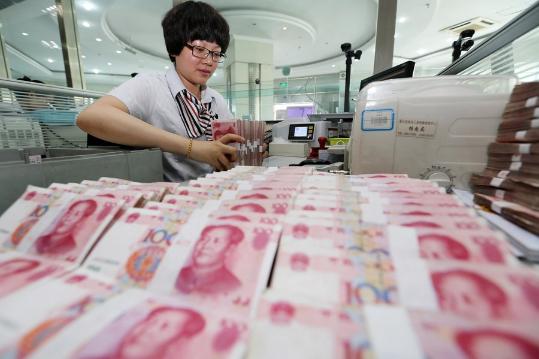China broadens M1 money supply measure
The People's Bank of China, the country's central bank, has decided to include residential demand deposits and prepaid funds received by nonbank payment institutions into M1 calculations, starting in 2025.
This decision, according to the central bank on Monday, reflects changes in the categories of financial products that align with the statistical definition of M1 money supply — the most liquid and accessible forms of money in an industrial economy — amid the rapid development of financial markets and financial innovation.
Upon the revision, effective from January 2025, M1 will encompass currencies in circulation (M0), corporate demand deposits, residential demand deposits and customer reserve funds held by non-bank payment institutions, the PBOC said, in line with practices of other major economies.
The PBOC added that it will release the first M1 reading using the updated measure in early February 2025, covering data for January 2025. At the same time, it will also unveil revised M1 outstanding figures and growth rates from January 2024 under the new standard.
Citing the revision, Pan Gongsheng, governor of the People's Bank of China, said at a forum on Monday that the PBOC will also strengthen the monitoring of M2 and overall social liquidity.
Wang Qing, chief macroeconomic analyst at Golden Credit Rating International, said that the country's M1 growth may further recover following the revision.

